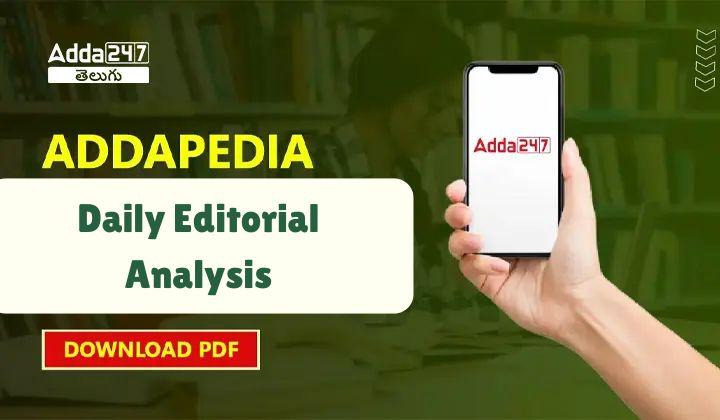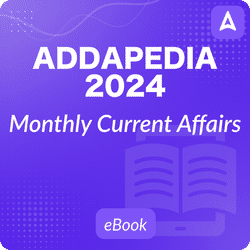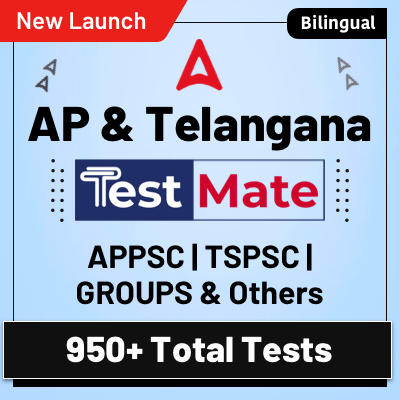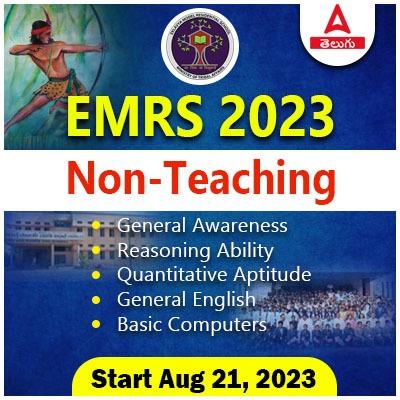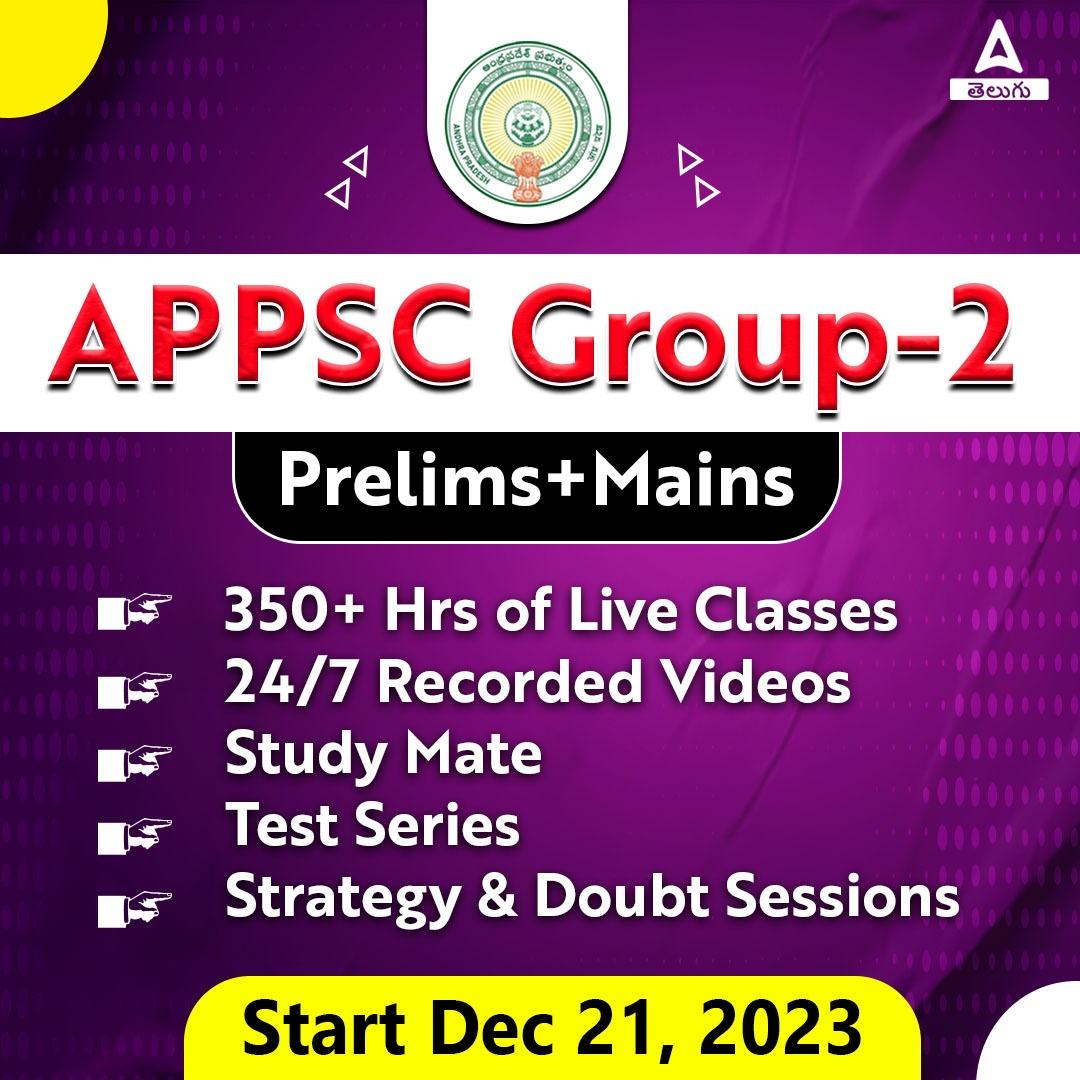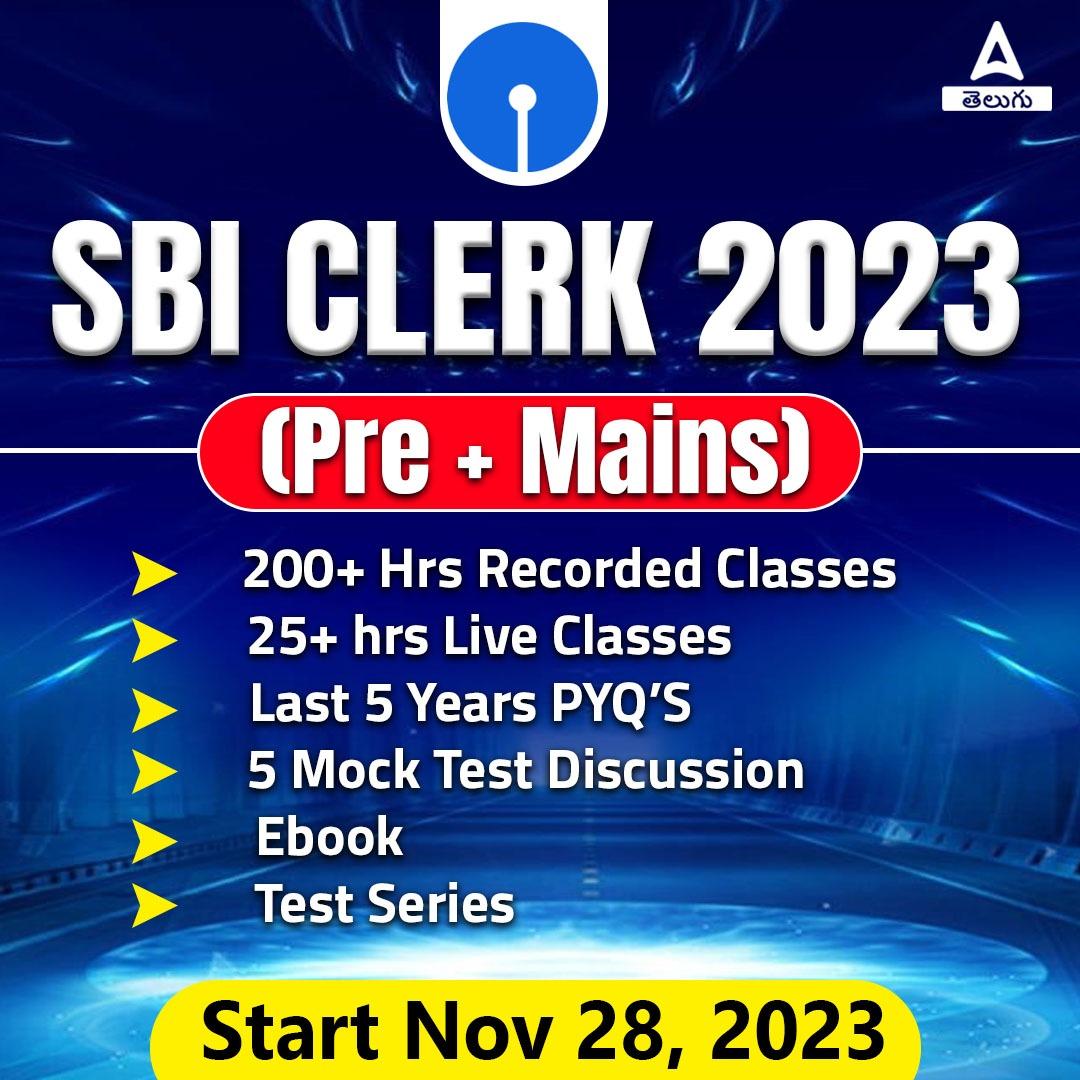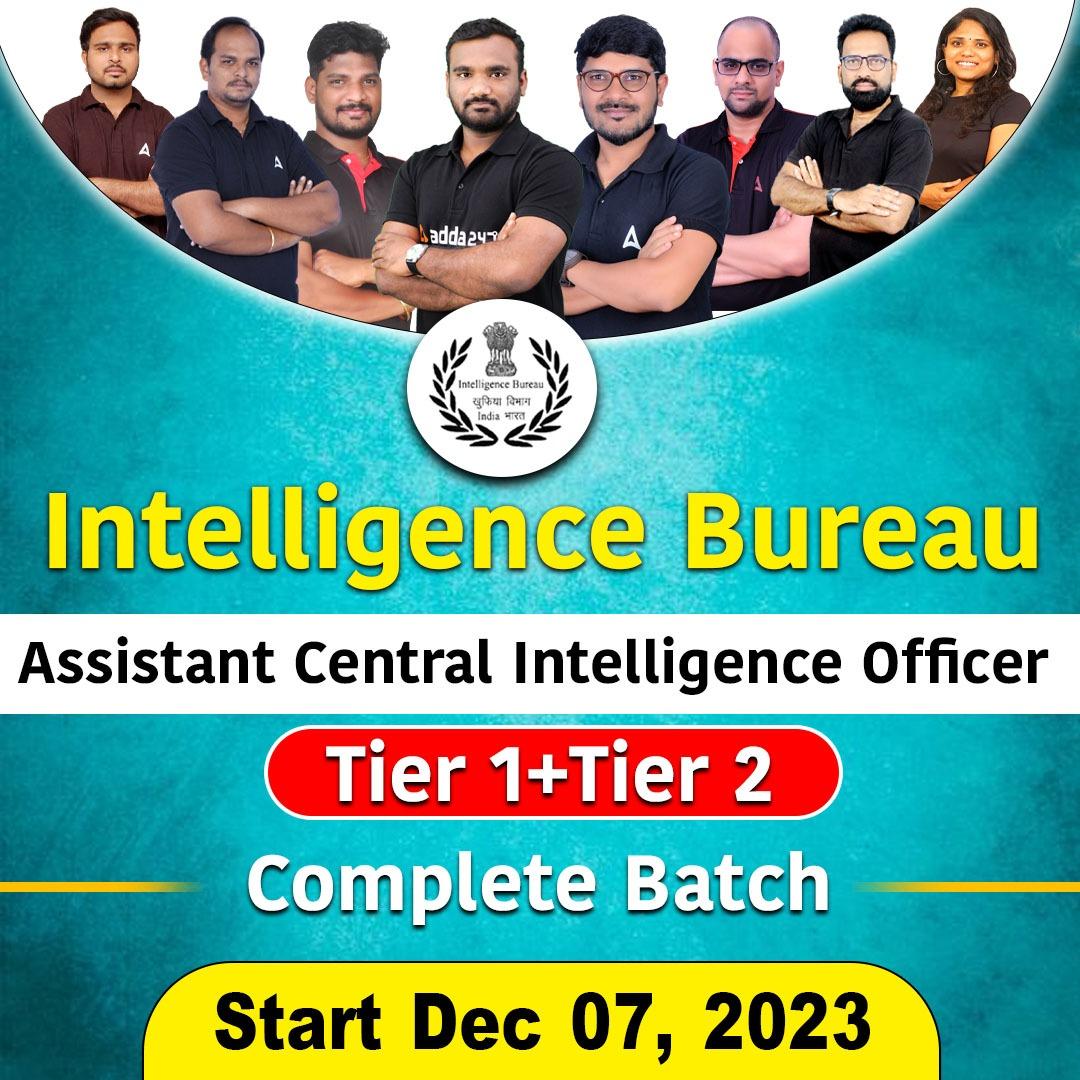Addapedia Editorial: Daily News Editorial PDF, 29 July 2024: Hello Aspirants ADDA 247 is back with Editorial Analysis in English. your daily source for in-depth news coverage and insightful editorial analysis. In this section, we bring you a comprehensive look at the latest national and international events, current affairs, and the historical context behind today’s most pressing topics. Our goal is to provide you with a well-rounded perspective on the news, helping you understand not just the headlines, but the intricate details and background that shape our world. This ADDAPEDIA Editorial Analysis will help you understand the National and International events Current affairs and the background of a particular topic. This comprehensive News analysis will help you in Clearing CA and Interview for many exams.
Adda247 APP
Plastic Mess
India generates about 4 million tonnes of plastic waste annually
- Only about 25% of this waste is recycled or treated
- The rest ends up in landfills or is disposed of unsustainably
- The Plastic Waste Management Rules, introduced in 2016, mandate users of plastics to collect and recycle their waste
How does the Extended Producer Responsibility (EPR) system work in India?
- It is a market driven approach to solve plastic waste problem in India.
- Packagers, importers, and large industrial users of plastic packaging register with the Central Pollution Control Board (CPCB)
- Professional recyclers also register and receive validated certificates for each tonne recycled
- These certificates can be traded on a dedicated CPCB portal
- Companies that fall short of recycling targets can purchase certificates
What are the advantages and disadvantages of market-driven approach to solving plastic waste problem in India?
Advantages:
- Economic incentives: Encourages businesses to invest in recycling infrastructure. Creates a financial motivation for efficient waste collection and recycling
- Innovation: Stimulates development of new recycling technologies and processes. Encourages companies to design more recyclable products
- Self-regulation: Reduces the need for direct government intervention and allows industry to find cost-effective solutions
- Job creation: Promotes growth in the recycling sector – waste collection and processing
- Scalability: Can be quickly implemented across different regions and industries and adaptable to changing market conditi
Disadvantages:
- Potential for fraud: As seen in the EPR system, market-driven approaches can be vulnerable to certificate fraud. May require extensive monitoring and auditing
- Focus on profitable materials: May neglect hard-to-recycle plastics that are less profitable and could lead to cherry-picking of easily recyclable materials
- Limited impact on production: Doesn’t necessarily reduce the overall production of plastic. May not address the root cause of excessive plastic use
- Complexity: Can be difficult to implement and regulate effectively as such an approach may exclude smaller players who can’t navigate the system
- Uneven implementation: Effectiveness may vary across regions based on existing infrastructure ex: Rural areas might be at a disadvantage compared to urban centers
- Potential for greenwashing: Companies might use the system for PR purposes without making substantial changes
- Neglect of reduction and reuse: May overly focus on recycling at the expense of reducing plastic use or promoting reusable alternatives
What challenges has the EPR system in India faced recently?
- In 2022-23, about 600,000 fraudulent certificates were discovered out of 3.7 million tonnes claimed
- Hackers stole several thousand certificates and sold them to companies
- A criminal investigation is ongoing as it’s unclear how much of the claimed 3.7 million tonnes was genuinely recycled
How is the government addressing these issues?
- Central Pollution Control Board (CPCB) commissioned an audit of nearly 800 firms (about a fourth of registered recyclers)
- Comprehensive overhaul of security features on the EPR trading platform
- Delays in filing returns for 2023-24 due to system upgrades
- CPCB describes these as “teething issues” in implementing a large-scale electronic system
Can you answer the following question?
Evaluate the effectiveness of market driven approach in addressing the plastic waste problem in India.
Defending disability reservations
The recent controversy involving Puja Khedkar, who allegedly faked her disability and caste to obtain benefits, has ignited a debate on the reservations granted to persons with disabilities (PwDs). The issue gained further traction when a former chief executive officer of NITI Aayog tweeted that reservations for PwDs need to be reviewed.
In India, reservations for PwDs are mandated by the Rights of Persons with Disabilities Act, 2016. This act provides for 4% reservation in government jobs and higher education institutions for persons with benchmark disabilities.
What are the merits of providing reservation for PwDs in government jobs?
- Inclusion and Empowerment: Promotes social inclusion of PwDs in mainstream society. Empowers PwDs by providing opportunities for education and employment
- Economic Independence: Helps PwDs achieve financial independence and reduces their dependence on family or social welfare
- Skill Utilization: Allows the country to tap into the skills and talents of PwDs and promotes diversity in the workforce
- Awareness: Increases public awareness about disability issues and helps in changing societal attitudes towards PwDs
- Legal Protection: Provides a legal framework to protect the rights of PwDs and acts as a deterrent against discrimination
What are the concerns/challenges with providing reservation for PwDs in government jobs?
- Implementation Challenges: Many institutions and organizations struggle to fill the reserved positions. This is compounded by lack of proper infrastructure and facilities in workplaces for PwDs.
- Stigma and Discrimination: PwDs may face stigma or discrimination even after securing positions through reservation. There might be a perception that they are less capable (as seen in the recent controversial tweet by IAS officer Smita Sabharwal)
- Categorization Issues: The definition and categorization of disabilities can be complex and may exclude some individuals
- Lack of Awareness: Many PwDs are unaware of their rights and the opportunities available to them. Employers may lack understanding about different types of disabilities and necessary accommodations.
- AS per NSO 2018, only 23.8% of PwDs were employed, whereas the Labour Force Participation Rate at the national level was 50.2% the same year.
- Private Sector Participation: The reservation is primarily in the public sector, limiting opportunities in the private sector. There’s a need for more inclusive policies in private companies
- Career Progression: There might be challenges in career growth and promotion for PwDs after initial employment
- Misuse of Provisions: There’s potential for misuse of disability certificates or false claims of disability (Puja Khedkar issue)
What is the way forward?
- Reform the certification system:
- Move away from quantifying disabilities by percentage
- Adopt a functional assessment approach aligned with the UN Convention on the Rights of Persons with Disabilities
- Streamline the certification process to avoid contradictory assessments between UPSC and government-recognized disability certificates
- Improve assessment infrastructure:
- Increase the number of specialists capable of evaluating various disabilities
- Enhance resources and infrastructure at district hospitals to conduct proper assessments
- Focus on systemic improvements:
- Instead of reviewing the reservation system itself, address the underlying issues in implementation and certification
- Strengthen measures to prevent and punish fraudulent activities without penalizing the entire PwD community
- Enhance awareness and sensitivity:
- Educate employers, including government departments, about various disabilities and necessary accommodations
- Emphasize inclusion and accommodation:
- Promote adaptive technologies and workplace modifications to enable PwDs to perform effectively
- Promote research and data collection:
- Invest in research to better understand the challenges faced by PwDs in employment
- Use data-driven approaches to inform policy decisions and measure the impact of reservations
Can you answer the following question?
India’s reservation system for Persons with Disabilities (PwDs) is crucial for inclusion, yet faces significant challenges in implementation and certification. Critically examine these challenges and suggest comprehensive reforms to enhance the effectiveness of the reservation policy while ensuring its integrity.
Download Daily News Editorial PDF
| Adda247 Telugu Home page | Click here |
| Adda247 Telugu APP | Click Here |

